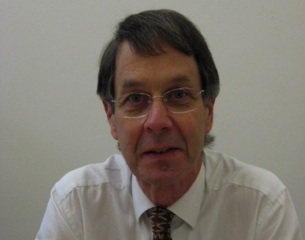
The Office for Tax Simplification (OTS) is simplifying the way employee benefits and expenses are taxed but some of the reforms could be unlikely until 2017.
Speaking at Employee Benefits Live 2014 on 24 September John Witting, tax director at OTS, said: “We are looking for opinions and views on issues such as how working patterns have changed and what uncertainties are in the tax system for employers.
“But the government is committed to simplifying the way benefits are taxed, for example travel and subsistence tax, but reform will be unlikely before 2017.”
Whiting also said he would like the government to see a rule that if the benefit provided to the employee is not an actual benefit to them, then it should not be taxed.
He warned delegates about the recommendations the OTS has made on employee benefits and expenses, which started in August 2014, while it will simplify benefits tax no change can be promised.
Issues from the four consultations employers should be aware of include:
- Tax on long-service awards needs to be aligned with current employment.
- OTS recommendation to introduce set amount for trivial benefits, likely to come in next spring.
- OTS consulting on abolition of £8,500 limit and abolition of dispensations.
- Voluntary payroll around benefits, with OTS currently in consultation.
Whiting said: “We have done a lot of work so far, especially on share scheme.
“But the frequency of change is the biggest cause of complexity around benefits tax, followed by pay-as-you-earn and national insurance contribution issues.
“We want the government to take our recommendations and simplify benefits. There are 4.5 million P11Ds done a year by employers, benefits simplification could reduce it to 40,000.
“Why should employee benefits be taxed differently to cash?”